Last Updated: 28/05/2025
Siberian Cat Complete Breed Guide
Wondering if a Siberian cat would make a good addition to your family? Read our guide for answers.
Author: Dr Carla Paszkowski BVSc (Hons)
Reading Time: 32 minutes - long read
The Siberian is a playful, funny, friendly and large feline breed. Originating from the wild forests of Russia, Siberian Cats are known to be 'gentle giants' and love cuddling up on a warm lap.
We've put together a complete guide with everything you need to know before adopting a Siberian cat. If you need any further info, check out our Discover education portal or our complimentary Ask a Vet service.
Contents:
Siberian Cat Facts
| Place of origin: | Life Expectancy: | Other names: |
| Russia | 12 to 15 years | Siberian Forest Cat, Sibirskaya koshka (Russian name) |
| Energy level: | Tendency to vocalise: | Coat colours: |
| Moderately active | Low | Any combination or pattern |
| Coat type: | Size: | Coat markings: |
| Varied - coarse to soft, medium to long haired and triple coat | 3.5-6kg (females), 5.5-8kg (males) | Short, soft, and sleek with distinctive fur patterns (spotted or marbled) |
| Shedding factor: | Overall grooming needs: | Temperament: |
| Medium | Moderate grooming required | Mischievous, intelligent, friendly, fun, and very playful. Retain their 'kitten' personality for up to 5 years. Affectionate and often comfort people with low energy. |
How big are Siberian cats?
Siberian Forest Cats are considered a large breed, although not quite as big as the Maine Coon. They are normally around 30cm tall, weigh 3.5-10kg and have a sturdy, muscly build.
Do Siberian cats shed?
Yes, Siberians shed twice per year - in spring to lose the winter coat and in autumn to lose the light summer covering. During a seasonal shed, regular hair brushing is essenital, as is feeding them a top quality diet to keep their fur silky and smooth. For Siberians, we recommend a grooming glove, a slicker brush , and consider a deshedding brush too!
How much does a Siberian cat cost?
Siberian kittens can cost anywhere from $1000-4000 from a registered breeder. It is always worth checking a rescue organisation first - not only will this likely be cheaper than purchasing from a breeder, but you will be saving a life!
Are Siberians lap cats?
Yes, Siberians are extremely affectionate and reputed to be adoring lap cats. They are playful yet calm, and truly enjoy the company of humans, other cats, and even dogs. They are known for being intuitive and being able to sense when their owner is in need of comfort, happily offering cuddles for moral support.
How long do Siberian cats live?
The Siberian lifespan is 12-16 years. As with any breed, they will live much longer if you feed them a premium quality diet, never let them become overweight, and keep their teeth in top condition!
Do Siberian cats meow a lot?
No, Siberians are not very vocal. They tend to communicate in a musical way through charming little chirps, mews, trills, and purring.
Do Siberian cats scratch furniture?
Just like any cat, Siberians may scratch furniture if not provided with a suitable scratching post. The good news is that Siberians are very clever and easily trained - so any bad behaviour can be trained out with consistency. Simply redirect their behaivour to an appropriate scratching surface.
Are Siberians good with kids?
Yes, Siberian cats are great with kids who are gentle and respectful. With their playful, affectionate nature, and their adventurous courage, Siberians make great playmates for kids. As with any cat, always supervise young children around a Siberian and make sure they have a high perch or to make sure the cat is not hurt.
Can you get Siberian cats in Australia?
Yes, Siberian cats are available to purchase in Australia. Breeders are not as common as with other breeds, but they are here nonetheless. Always take the time to research a reputable registered breeder, and try to resist the temptation to search online marketplaces.
How do I choose a Siberian Cat breeder?
When looking for a Siberian Forest Cat, your options are to: a) adopt from a rescue (this is our top recommendation!) b) buy from an or online marketplace or pet store (NOT recommended!), or c) Research a reputable breeder. Never purchase a kitten without inspecting the breeder's premises and asking the 10 Breeder Checklist Questions first. Good breeders socialise their animals, house them humanely, allow you to inspect their premises, and selectively breed healthy traits and good temperaments. Read our Guide to Finding a Good Breeder for more tips.
Siberian Forest Cat History
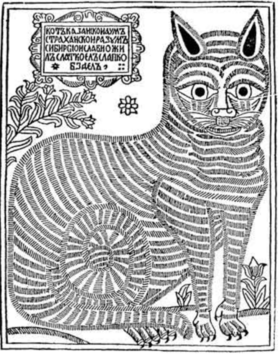
'The Great Cat of Kazan', a Lubki woodblock print by Vasili Koren satirising Peter the Great, circa 1750. Source: Fine Press Book Association.
The Siberian Forest Cat is considered a national treasure in Russia. They are believed to date back a thousand years to the wild forests of Russia, although the exact year they appeared is unknown. The Siberian Cat is referenced in old Russian fairy tales and children's stories.
Despite its long history, the Siberian was only formally recognised as a breed recently. In England in 1871, they appeared in the first ever cat show along with just four other breeds. After the Cold War ended in the 1990s, the Siberian started to appear in countries such as the United States, and is now considered a Champion breed.
3. Personality
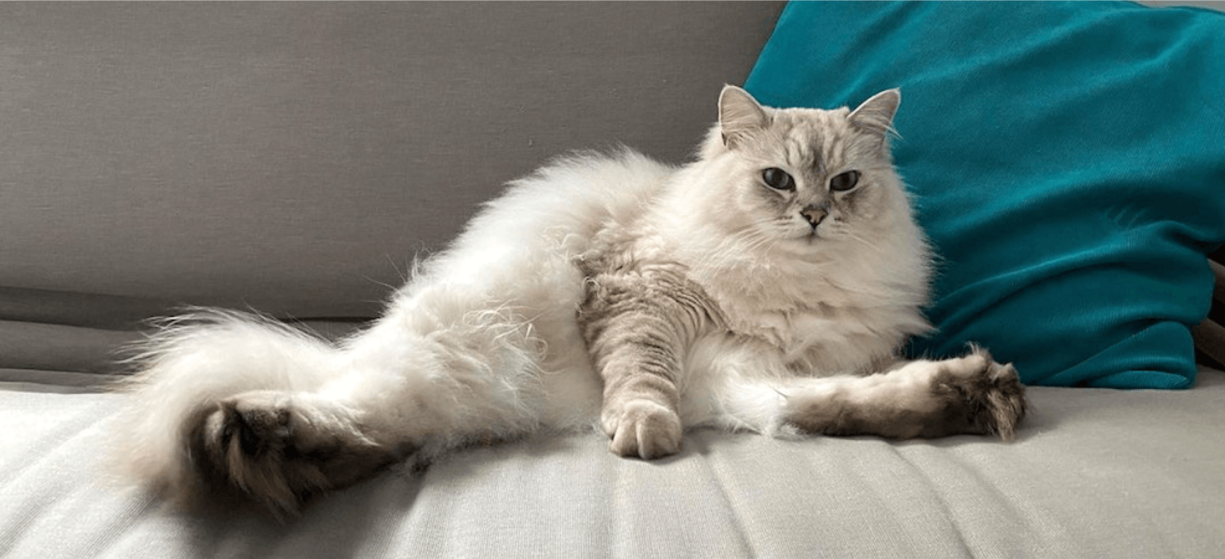
Photo credit: @kiki_thecatlady
The Siberian is a playful, funny and affectionate breed with a tendency to be mischievous and outgoing. They enjoy the company of other cats, dogs, and are good with children who are gentle and respectful. Siberians are known for their intuition - many owners say that the cats seem to understand when a human needs comforting or moral support.
The Siberian is known for maturing slowly, and doesn't leave the playful 'kitten' phase until they are around 5 years old. This means they are a lot of fun - but despite being adventurous and fearless, they are calm cats and not prone to anxiety.
They tend to be rather quiet, and communicate in a musical way through charming little chirps, mews, trills, and purring.
Their high level of intelligence and thirst for play means they require lots of mental stimulation. They thrive on games and puzzles - and boredom is often the cause of their notorious mischief! These guys will need to keep their buzzing minds busy with a whole lot of interactive toys.
A clever breed with a keen motivation for food, the Siberian is typically quite easy to train. Many Siberian owners even train their kitty to walk on a leash and harness.
Best toys and accessories for Siberian cats
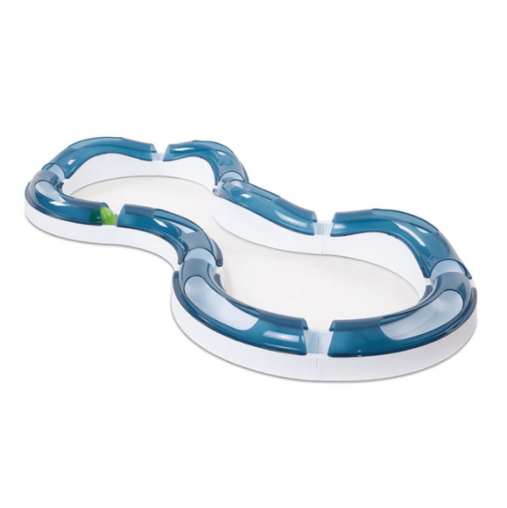
Ideal for playful intelligent cats like the Siberian, the Catit Senses Roller Circuit is interactive and will keep any indoor cat entertained for hours.
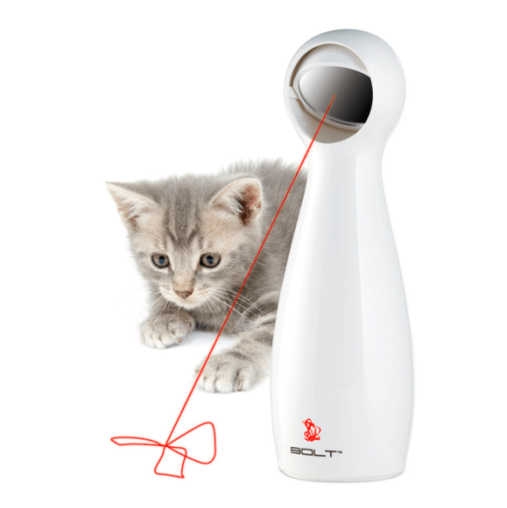
This interactive cat Laser toy provides a moving laser to chase, which helps tap into the Siberian's keen inner hunting instincts.
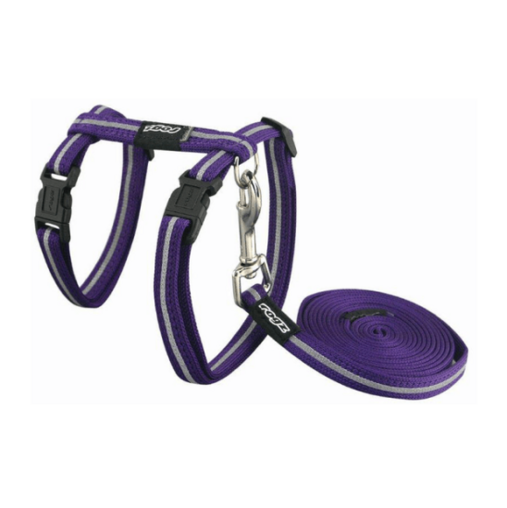
Due to their intelligence and ability to be trained, the Siberian is the perfect cat for teaching how to walk on a lead and harness.
Teasers can help your cat exercise their body and mind. The fluffy streamers on these teasers help kick in natural instincts and encourage play.
Siberian Nutritional Requirements
What to feed a Siberian cat?
The Siberian may be a unique and large breed, but is still taxonomically within the domestic feline species. This means their nutritional demands don't differ too much from other cats. A kitten diet is required until they are fully grown, which may be up to 2 years due to their large size. (Please note that their reputation of staying a 'kitten' until they are 5 years old only refers to their personality! Physically they are considered adults at 18-24 months.) Because they are prone to being active, your vet may recommend a diet for active cats.
Feeding regular wet food meals along with dry kibble is a simple way to increase your cat's water intake to ensure adequate hydration and help support urinary tract health.
Want to know more? Check out our article: Preventing urinary issues in cats.
Top food for adult Siberian cats
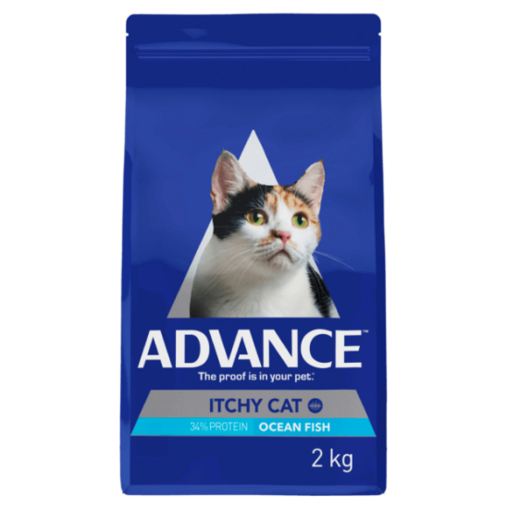
This Australian made formula contains nutrients to support the skin, including beneficial ocean fish, while being lower in calories to help prevent weight gain.
Formulated with a high meat content and natural formula, this New Zealand-made cat food is high in protein and great for active, carnivorous Bengals.
This premium quality, high-meat cat food is available in cans (pictured) or freeze-dried formulas. The natural ingredients and a high meat content are perfect for active Bengals.
Created specifically for active cats, Royal Canin Fit is a great option for Siberians who venture outdoors and live an active lifestyle.
Siberian Cat Health Problems
The Siberian is quite a healthy breed, and studies show that they have quite a lot of genetic variation within their population compared to other breeds. However, like most large breeds of cats, they can be prone to a heart disease known as hypertrophic cardiomyopathy (HCM).
Hypertrophic Cardiomyopathy (HCM)
HCM is a hereditary condition. It causes the heart muscle to thicken and become rigid, which leads to heart failure, fluid on the lungs, and lethal blood clots. In Siberians it may show up as young as 12 months of age but is not easily detected in kittens. Inbreeding is a predisposing factor, and the trait can be tested for with a DNA test - so it's important to ask a prospective breeder about this.
Supplements for Siberian Cats
Siberian cats shouldn't need any supplements if they are on a premium, balanced diet. However, they may benefit from some healthy omega fatty acid supplements to keep their fur shiny, their joints strong, and any inflammatory conditions under control.
Fun facts about Siberian cats:
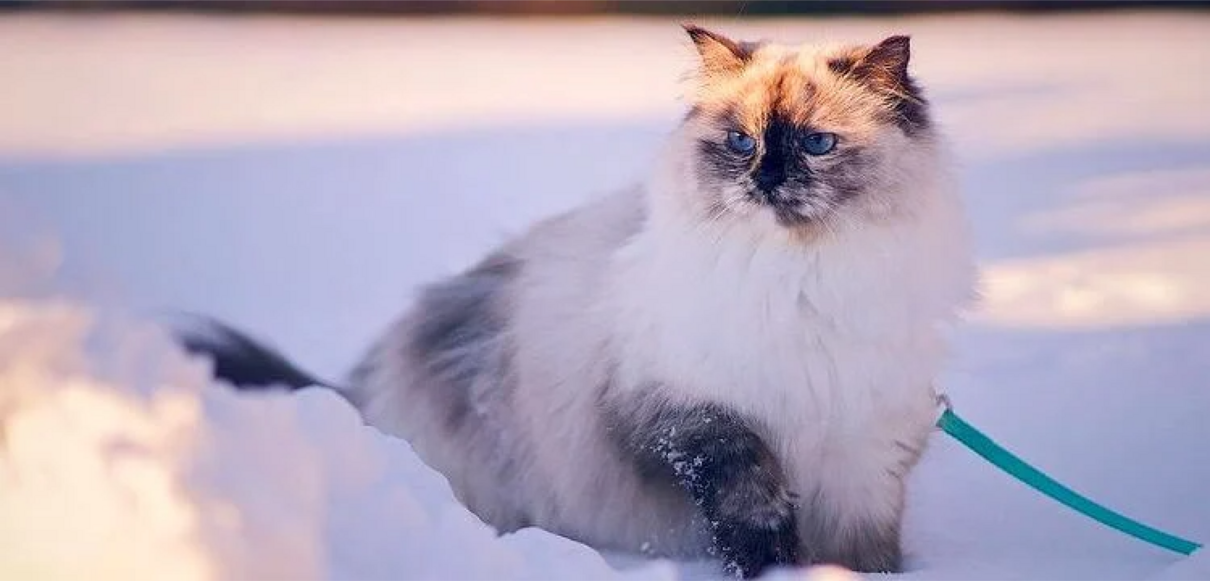

Being highly intelligent and courageous, Siberians are great with dogs but don't fare so well with small pets that they might consider prey, such as mice, rats, rabbits, and guinea pigs.

The Siberian is a very large breed of cat and some healthy fit males can weigh up to 10kg!

A popular Siberian "story" details a clowder of 200 Siberians cats who allegedly sped past a team of Siberian Huskies in a dog sled race.

Siberians are the national cat of Russia and are mentioned in historic Russian children's stories and fairy tales.

Siberians aren't cheap to buy - a kitten can cost anywhere from $1500 to $4000 from a reputable breeder.
Further Reading
Want to read more? Check out our other articles:
How To Choose the Perfect Cat Furniture
Teach Your Cat to Walk on a Lead in 3 Steps
Premium Pet Food: Is It Worth It?